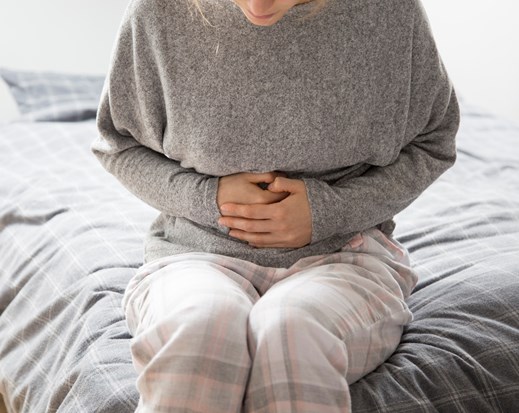



Acute Intestinal Catarrh or gastroenteritis is a disease caused by a viral or bacterial infection of the digestive tract that causes several symptoms: vomiting, diarrhea, loss of appetite, and colic, a highly transmissible infection that may be spread through contaminated food, water, or close contact with an infected person.
Usually not serious and treatable at home, the intestinal descent often lasts up to a week, and then goes away on its own, and the treatment of intestinal descent is aimed at alleviating symptoms, keeping the body hydrated, and preventing dehydration.
Signs of healing begin to appear gradually, among which are the return of bowel movement to normal, the small number of times of Defecation, stool becoming more coherent, vomiting, and nausea also gradually disappearing. But in some cases, you may need to be infected for longer or take medications until they disappear and completely heal.
Reasons
Viruses
Bacterial Infection
Parasites
Other causes such as chemotherapy drugs, heavy metal poisoning (lead or mercury) toxic mushrooms or marine algae, or overuse of certain drugs such as: some types of antibiotics, laxatives, NSAIDs and antacids.
Symptoms
Fever
Diarrhea
Vomiting and nausea
Anorexia
Colic and abdominal spasms
Feeling tired and weak
In cases of children, signs of dehydration may be observed, including dizziness and lethargy, lack of urine, dry mouth, and cracking lips.
Treatment
Follow the prescribed medications by the doctor, such as painkillers, intestinal disinfectants, anti-vomiting drugs, diarrhea, and antibiotics if the cause is a bacterial infection.
Drink a lot of fluids equivalent to 2 - 3 liters of water to avoid dehydration that may result from vomiting and diarrhea.
Make sure you have enough rest
Take dehydration solution or take IV fluids if vomiting and diarrhea are severe, to compensate for lost minerals.
Prevention
Do not share your own tools such as pots or drinking cups with others.
Wash all fruits and vegetables before eating them
Clean kitchen surfaces before preparing food on them
Avoid close contact with anyone infected with the virus
Disinfect hard surfaces such as table tops, water taps, and door handles, using a mixture of chlorine and water.
Wash hands thoroughly after entering the bathroom and before eating
Ventilate seating places rest well and clean them
Eating easy-to-digest food and liquids
Receiving available vaccines such as the rotavirus vaccine
Necessary precautions when traveling:
-Drink only bottled water
-Avoid peeled fruits, raw vegetables and salads
-Avoid meat and undercooked fish.
What foods and drinks are forbidden and permissible when you have an intestinal infection?
Forbidden:
Fatty and fried foods
Soft drinks and sugar-sweetened juices.
Strong spices or spicy foods.
Permissible:
High-fiber foods such as vegetables and fruits
Dairy Products
Seeds and nuts
Rice, potatoes, bread, sweet potatoes, soups without spices
When should you visit a doctor?
In case of persistent symptoms or complications such as blood in the stool or dehydration, if the child shows signs of severe dehydration or cannot drink for several hours, medical care should be sought immediately.
These medications should not be stopped if the patient feels better and the recommended dose should be completed.
The doctor should be consulted before taking any medication, especially in cases of children or with chronic health conditions.